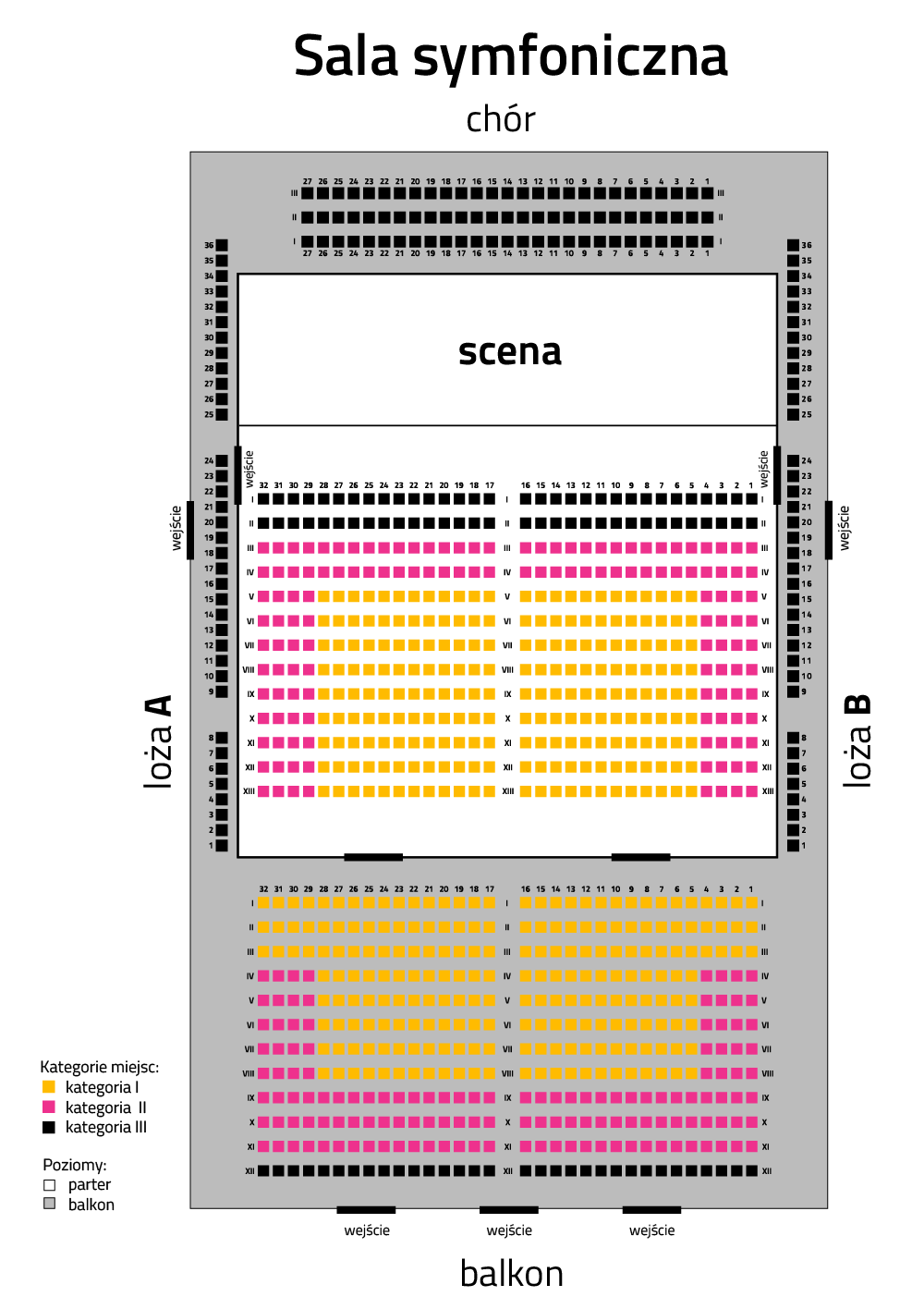One of the most charismatic Polish singers, the youngest author of the album in the cult Polish Jazz series and... the first Polish idyll of the 16th century is our proposal for a successful December evening.
Kuba Więcek, born in 1994, is a well-educated musician and composer who reaches far beyond the limits of the conventions that interest him. In his discography, he has both albums with Pianohooligan and with rapper Koza. It is probably for this reason that the National Library approached him with a proposal to shed new musical light on Jan Kochanowski's Midsummer Song about Sobótka. Contrary to Więcek's not-best experiences with Polish literature in high school, the musician immediately took up the challenge. The rumour is that the choice of Paulina Przybysz for the project's voice also did not take too long.
And so, in a nutshell, the album Kwiateczki (Flowers) was created, which was numbered 87 in the Polish Jazz series. On the album, we have the best of everything – excellent instrumentalists with a bold vision and open minds, an endearing, mature and power-aware singer and the real challenge of translating cultural goods from five hundred years ago into modern means of expression.
Więcek often repeats that just as he spent countless hours analysing and practising John Coltrane's solutions in his academic days, he spent almost the same time deconstructing J Dill and Timbaland's solutions. And no one who listens to Kwiateczki will doubt it. There is hip-hop here, there is soul, there are numerous digital effects, and there are open-minded and efficient musicians – apart from Więcek, we will also hear Łukasz Żyta on drums and Michał Barański on bass guitar. There is also Paulina Przybysz, who phenomenally lifted the burden of the challenge. And not only is this album still jazz, but it sounds really fresh despite the lyrics straight from the Renaissance. Więcek himself led to a situation where he had made as many as three albums in the legendary Polish Jazz publishing series before the age of thirty.
And what exactly is Midsummer's Song about Sobótka? It is the first attempt in Polish literature to transplant the ancient idyll into Polish soil. The song "was written in the second half of the 16th century. Under this title, we can find twelve songs devoted to an idealised image of rural life, including the description of landscapes and rituals, as well as the content that tells a lot about the social relations of the time. It is from "Songs" that the famous, delightful lines come:
"Peaceful village, cheerful village,
Which voice can your glory tell?".
Kuba Więcek is a jazz saxophonist, composer and producer. He studied music at the famous Rhythmic Music Conservatorium in Copenhagen. He has performed in most European countries, as well as in North America and Asia. He collaborated, among others, with Marcin Masecki, Jonas Johansen and Kamil Piotrowicz. The artist is the winner of many prestigious awards, distinctions and plebiscites. He often emphasises that Berlin occupies a special place in his life and work.
Paulina Przybysz is a singer and songwriter. A wider audience got to know her thanks to the soul-revolutionary activity of the Sistars. The artist also co-founded the groups Rita Pax, Archeo and Minimal. She collaborated, among others with Jazzpospolita, Zamilska and Dawid Podsiadło. She is the laureate of many awards, among which we can find, among others, "Fryderyk" for the solo album Chodź tu. We could also hear the singer on the compilation of the Philharmonic in Szczecin, "Club Paprikash and Orangeade". The artist, with truly admirable consistency, protects her private life from the spotlight.
Partnerem koncertu "Kuba Więcek Trio & Paulina Przybysz I Kwiateczki" jest Medycyna estetyczna lek. Beata Pawelec.
Concert partner

DETAILS
Kuba Więcek Trio & Paulina Przybysz I Flowers
12-12-2022 19:00

Symphony HallFilharmonia im. Mieczysława Karłowicza w Szczecinie
ul. Małopolska 48
70-515 Szczecin


